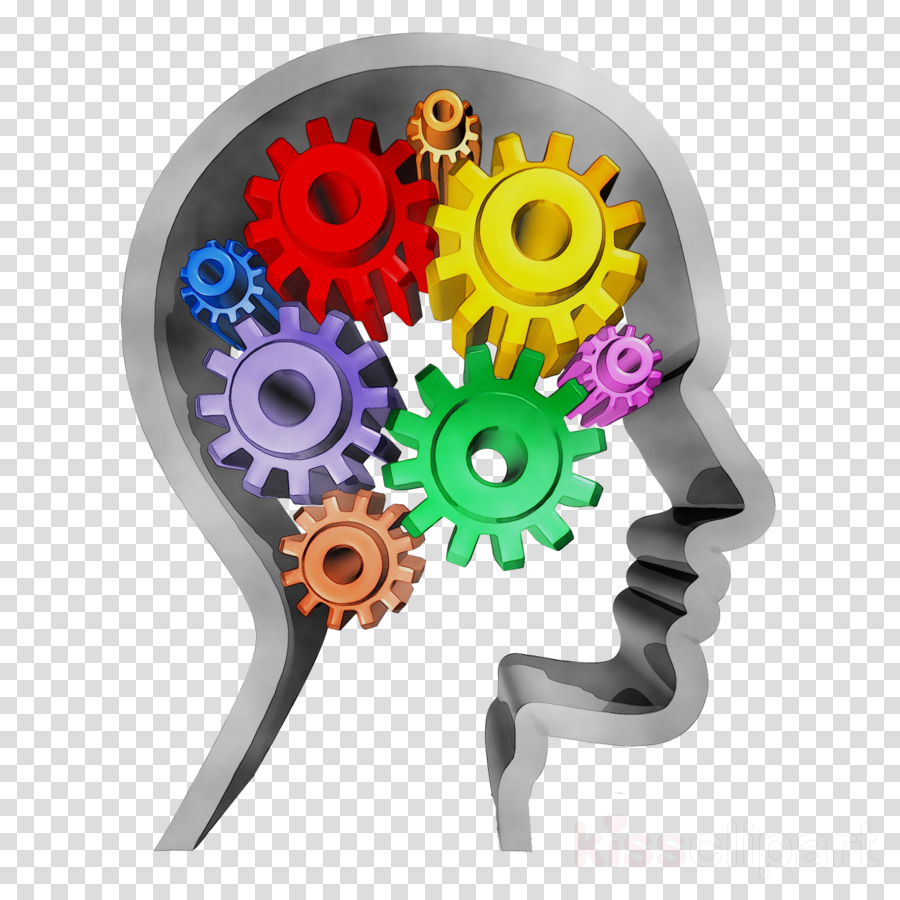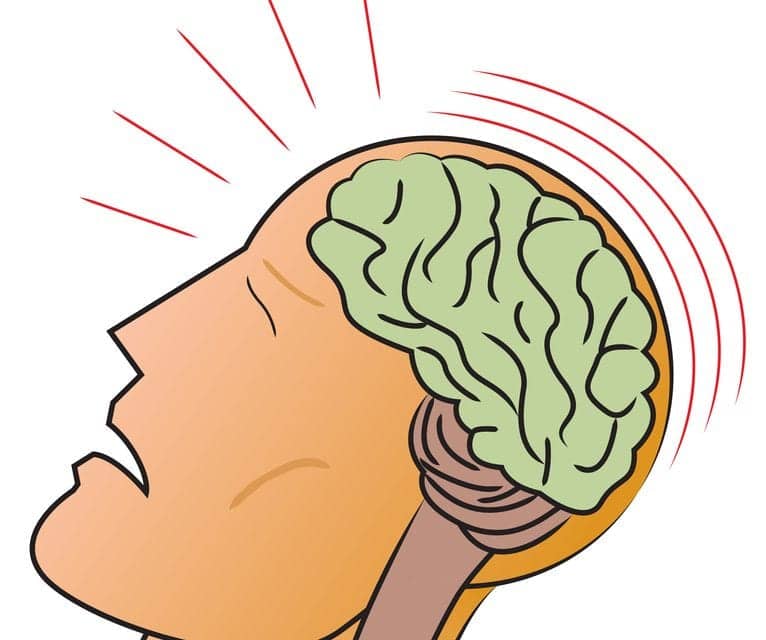
But the “fast” part of your brain built to protect yourself from danger doesn’t necessarily know that. There aren’t any actual hungry lions in your office. There’s also the “fast” brain that pumps adrenaline through our bodies, developed so that our ancestors could run faster, out of the range of a hungry lion. There’s the “slow” brain that allows us to thoughtfully answer Susan’s question in the Tuesday morning meeting. So sometimes, I think of us as having two different brains in our head.

It’s also the source of our most base, animal instincts.

The human brain, a beautiful and complex organ, is built to process, organize and think.
#Brain expert clipart movie
“Psychological interventions like CBT may also help to “improve communications” between the big brain and the brain in our gut,” he says.It sounds like a horror movie from the 1950’s, but the truth is, I’m talking about your mind. Gastroenterologists may prescribe certain antidepressants for IBS, for example-not because they think the problem is all in a patient’s head, but because these medications calm symptoms in some cases by acting on nerve cells in the gut, Pasricha explains. “In a way, gastroenterologists (doctors who specialize in digestive conditions) are like counselors looking for ways to soothe the second brain.” “Our two brains ‘talk’ to each other, so therapies that help one may help the other,” Pasricha says. This new understanding of the ENS-CNS connection helps explain the effectiveness of IBS and bowel-disorder treatments such as antidepressants and mind-body therapies like cognitive behavioral therapy (CBT) and medical hypnotherapy. “That’s important, because up to 30 to 40 percent of the population has functional bowel problems at some point.” New Gut Understanding Equals New Treatment Opportunities “These new findings may explain why a higher-than-normal percentage of people with IBS and functional bowel problems develop depression and anxiety,” Pasricha says. Researchers are finding evidence that irritation in the gastrointestinal system may send signals to the central nervous system (CNS) that trigger mood changes. But our studies and others show that it may also be the other way around,” Pasricha says. “For decades, researchers and doctors thought that anxiety and depression contributed to these problems. The ENS may trigger big emotional shifts experienced by people coping with irritable bowel syndrome (IBS) and functional bowel problems such as constipation, diarrhea, bloating, pain and stomach upset. “The enteric nervous system doesn’t seem capable of thought as we know it, but it communicates back and forth with our big brain-with profound results.”

“Its main role is controlling digestion, from swallowing to the release of enzymes that break down food to the control of blood flow that helps with nutrient absorption to elimination,” explains Jay Pasricha, M.D., director of the Johns Hopkins Center for Neurogastroenterology, whose research on the enteric nervous system has garnered international attention. Unlike the big brain in your skull, the ENS can’t balance your checkbook or compose a love note. The ENS is two thin layers of more than 100 million nerve cells lining your gastrointestinal tract from esophagus to rectum.

Scientists call this little brain the enteric nervous system (ENS).


 0 kommentar(er)
0 kommentar(er)
